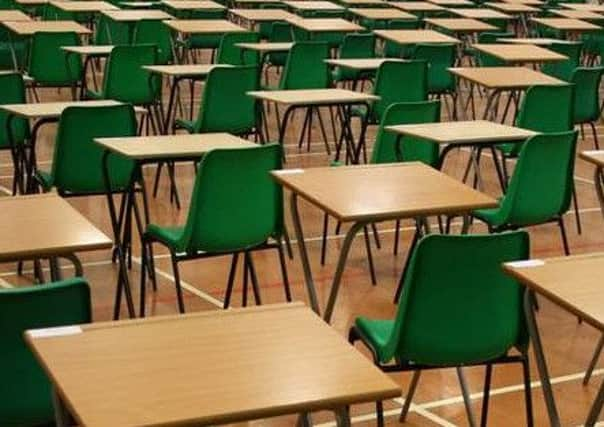Our education system is failing working class Protestant boys


Here, it is said, is clear evidence not only that those who attend them do better than children in comprehensives but also that grammar schools are a potent agent of social mobility by giving bright working class kids the chance of academic success and a better start in life. Peter Weir, the Education Minister, who recently announced that primary schools can now prepare pupils for the 11-plus, has even insisted that scrapping grammar schools would increase social inequality.
This is a myth. The main engines of social mobility in the UK in the last 50 years were the expansion of both free higher education and professional and white-collar jobs. My working class mother would never have pushed me and my brothers to pass the 11-plus if there were university fees and no better prospects after graduation.
Advertisement
Hide AdAdvertisement
Hide AdThe pre-school and primary years also play an important part in giving a child a good start on the road to educational success. Poorer families without support lack the financial or cultural capital to keep up with middle class children. Research clearly indicates that if children are then treated as ‘failures’ at an early age, they will tend to think and behave as expected of them.
All the evidence for England demonstrates that for this reason grammar schools actually increase social inequality. Those who don’t pass an 11-plus test in the areas where it exists do worse than they would have done in a comprehensive system.
In short, grammar schools provide education for the middle classes and social mobility for the few at the expense of social decline for the many. This is why the achievement gap for Northern Ireland is the widest in Europe. No schools in England have such poor results as the lowest achieving schools here. This underachievement is one of the two worst scandals in our local educational system, the other being sectarian segregation.
Moreover, underachievement is worse among Protestant children, despite the fact that unionist politicians favour selection and grammar schools. Protestant free school meal boys are close to the bottom of the UK GCSE league table, just above Irish Travellers and Roma children.
Advertisement
Hide AdAdvertisement
Hide AdCatholic grammar schools, on the other hand, regularly outperform their Protestant counterparts: In 2015, the top 11 schools at A level were all Catholic. Almost half of all Catholic girls from lower socioeconomic backgrounds go on to higher education, in contrast to fewer than a third of Protestant boys from similar backgrounds.
Despite all the research over the years proving that the 11-plus comes far too early in a child’s intellectual development, especially for boys who mature more slowly than girls, the current Northern Ireland education minister is entrenching selection and the British Prime Minister wants to revive it everywhere else. These are retrograde steps that cannot be good for children or the wider society.
Where are the leaders of the Protestant working class who are prepared to represent the real interests of their children and campaign vigorously for the end of such an outdated, unjust and divisive educational system?
From: Brian McClinton, Humanist Association of Northern Ireland